Statutes
OFFICIAL NAME, AIMS, HEAD OFFICE, RANGE OF ACTIVITIES.
Article 1. Under the name World Association on Dual Disorders WADD a not for profit association is constituted under the Spanish Organic Law 1/2002, of March 22nd, and complimentary rules, with legal entity and full capacity to act.
Article 2. The Association is constituted for an indefinite time period.
Article 3. This association has been founded to achieve following purposes: To increase the study, research and divulgation of Dual Disorders from a bio-psycho-social perspective, Dual Disorders being defined as the coincidence in the same person of an addiction, or addictive conduct and another mental disorder. Being a priority to address the concept ‘Dual Disorders’ and its future role in the world.


